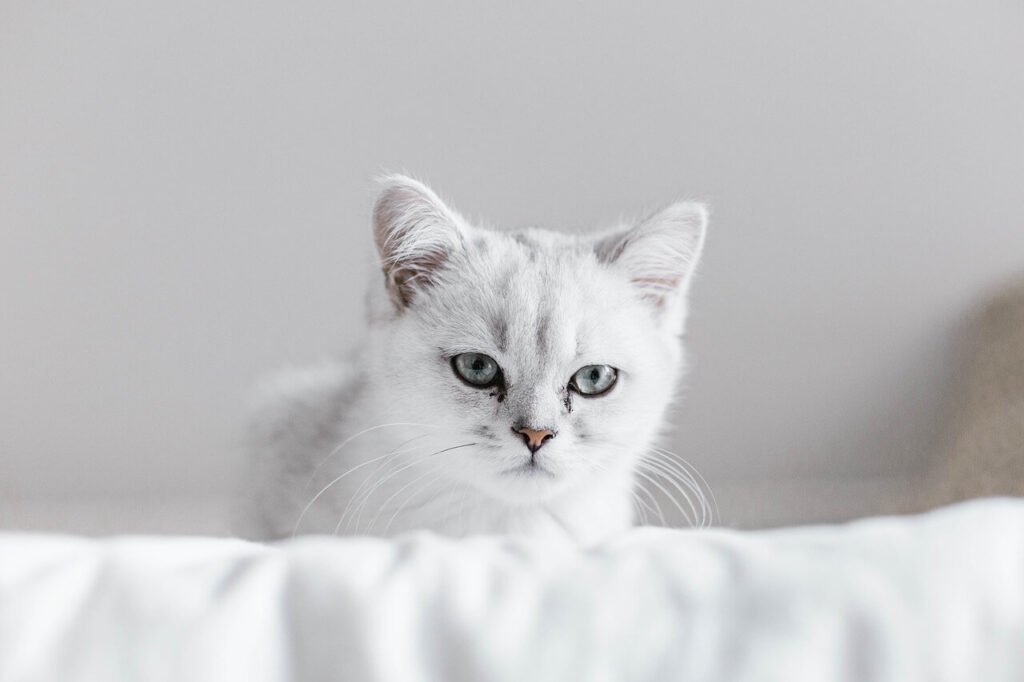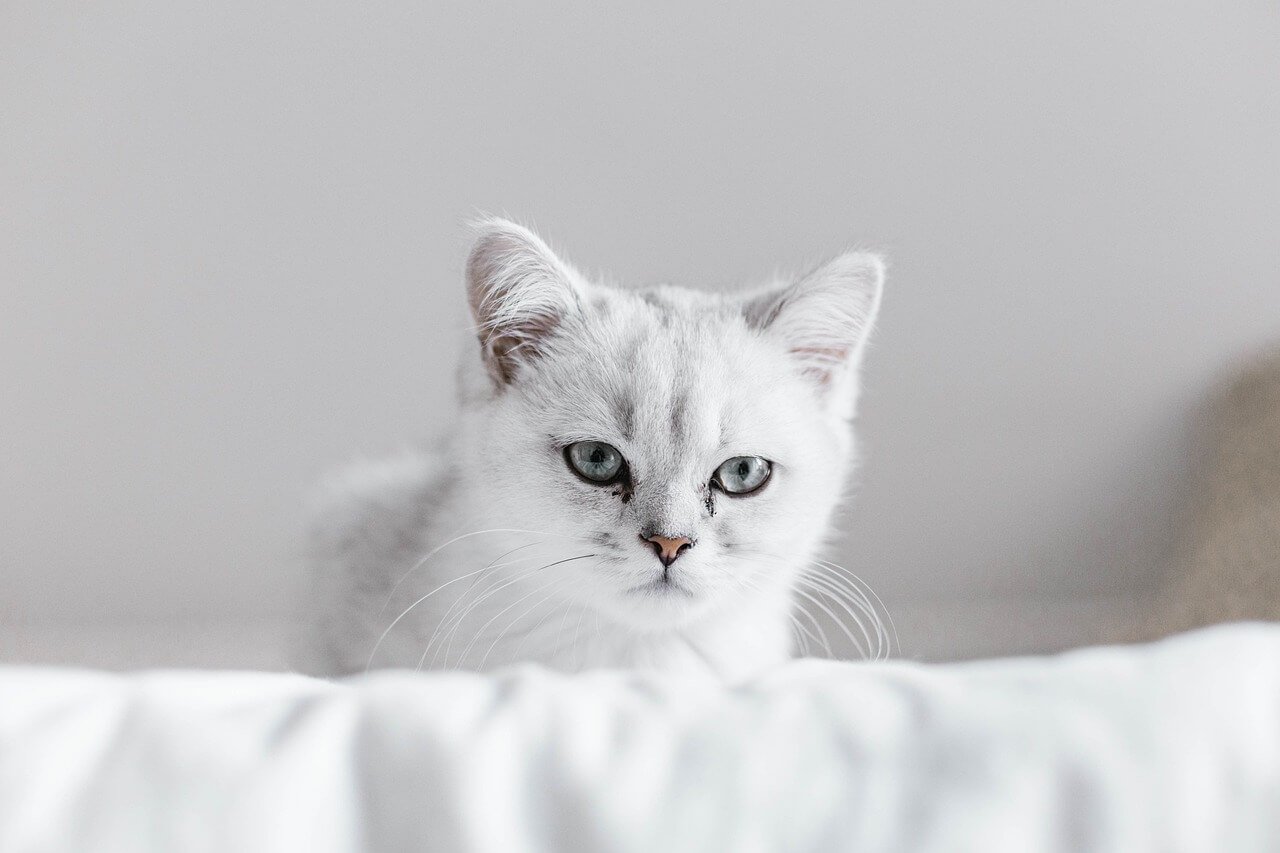How Much Are Cat Vaccines? A Complete Guide for Pet Owners
Vaccinating your cat is one of the most important steps you can take to ensure their health and longevity. Vaccines protect your feline friend from a variety of serious diseases, many of which can be life-threatening if left untreated. However, as a responsible pet owner, you may wonder about the costs associated with cat vaccines and whether they fit into your budget. The good news is that cat vaccines are generally affordable, and there are options available to suit different financial situations. In this guide, we’ll break down the costs, explain what factors influence pricing, and provide tips to help you make informed decisions about your cat’s vaccination schedule.
Factors That Influence the Cost of Cat Vaccines
The cost of cat vaccines can vary depending on several factors. Understanding these variables will help you anticipate expenses and plan accordingly. Here are some key considerations:
Type of Vaccine : Core vaccines (essential for all cats) are often less expensive than non-core vaccines (optional based on lifestyle).
Veterinary Clinic Location : Prices may differ based on geographic location, with urban areas typically charging more than rural ones.
Clinic Type : Non-profit or low-cost clinics may offer vaccines at reduced rates compared to private veterinary practices.
Cat’s Age and Health : Kittens require a series of vaccines, which can increase upfront costs, while older or sick cats may need additional testing before vaccination.
Package Deals : Some clinics offer bundled vaccine packages, which can save money compared to paying for each vaccine individually.
By understanding these factors, you can better estimate the overall cost of vaccinating your cat and identify ways to save without compromising their health.
Average Costs of Common Cat Vaccines
The price of cat vaccines varies depending on the type and the clinic you visit. Here’s a breakdown of the average costs for common vaccines:
FVRCP Vaccine (Core) : Protects against feline viral rhinotracheitis, calicivirus, and panleukopenia. Typically costs between $15 and $35 per dose.
Rabies Vaccine (Core) : Required by law in many areas. Usually ranges from $10 to $30 per dose.
FeLV Vaccine (Non-Core) : Protects against feline leukemia virus. Costs approximately $20 to $40 per dose.
Bordetella Vaccine (Non-Core) : Prevents respiratory infections. Generally priced between $20 and $45 per dose.
Chlamydia Vaccine (Non-Core) : Used in multi-cat households. Costs around $25 to $50 per dose.
While prices can fluctuate, these estimates provide a general idea of what to expect when budgeting for your cat’s vaccinations.
Check this guide 👉Understanding the FVRCP Cat Vaccine: Best 7 Health Tips!
Check this guide 👉Kitten Vaccines at Home: Best 7 Expert Tips!

Core Vaccines for Cats | Non-Core Vaccines for Cats |
|---|---|
FVRCP (feline distemper) | FeLV (feline leukemia) |
Rabies | Bordetella |
Booster Shots (annual) | Chlamydia |
Kitten Vaccine Series | FIV (feline immunodeficiency) |
Combination Vaccines | Ringworm (rare cases) |
Ways to Save Money on Cat Vaccines
If you’re concerned about the cost of cat vaccines, there are several strategies to reduce expenses without sacrificing quality care. Here are some practical tips:
Visit Low-Cost Clinics : Many communities have affordable spay/neuter clinics or mobile vet services that offer discounted vaccines.
Look for Vaccine Packages : Some clinics bundle vaccines together, offering significant savings compared to individual shots.
Take Advantage of Wellness Plans : Veterinary wellness plans often include vaccines as part of an annual fee, spreading the cost over time.
Adopt from Shelters : Many shelters provide initial vaccines as part of the adoption fee, saving you money upfront.
Stay Up-to-Date with Boosters : Skipping booster shots can lead to costly treatments later, so staying current saves money in the long run.
These strategies can help you manage vaccine costs while ensuring your cat remains protected against preventable diseases.
What to Expect During Your Cat’s Vaccination Appointment
Taking your cat to the vet for vaccines can feel overwhelming, especially if it’s their first time. Knowing what to expect can ease your concerns and prepare you for the process.
Initial Examination : The vet will perform a quick check-up to ensure your cat is healthy enough for vaccination.
Vaccine Administration : Vaccines are administered via injection, usually under the skin, and are relatively painless for most cats.
Post-Vaccination Monitoring : You’ll be advised to monitor your cat for mild side effects like lethargy or swelling at the injection site.
Scheduling Follow-Ups : The vet will discuss when booster shots or additional vaccines are needed to maintain immunity.
Payment and Records : Payment is typically due at the end of the appointment, and you’ll receive a record of your cat’s vaccines for future reference.
Understanding the process helps you feel more prepared and ensures a smooth experience for both you and your cat.
What to Watch for After Your Cat Receives Vaccines
While vaccines are generally safe, some cats may experience mild side effects. These reactions are usually temporary and not a cause for concern, but it’s important to monitor your cat closely. Here are common side effects to look out for:
Soreness at the Injection Site : Your cat may seem sensitive or uncomfortable around the area where the vaccine was administered.
Lethargy or Sleepiness : It’s normal for cats to feel tired or less active for a day or two after vaccination.
Mild Fever : A slight increase in body temperature can occur as your cat’s immune system responds to the vaccine.
Loss of Appetite : Some cats may eat less than usual for a short period following their shots.
Swelling or Lump : A small bump at the injection site is common and typically resolves on its own within a few weeks.
If these symptoms persist or worsen, contact your veterinarian to rule out more serious complications.
Identifying When Optional Vaccines Are Necessary
Non-core vaccines aren’t required for all cats, but they’re essential for certain lifestyles or environments. Here are scenarios where your cat might benefit from additional protection:
Outdoor Cats : If your cat spends time outside, they’re at higher risk of exposure to diseases like feline leukemia (FeLV).
Multi-Cat Households : Cats living with other felines may need vaccines like Chlamydia or Bordetella to prevent respiratory infections.
Boarding or Grooming Facilities : Cats that visit boarding kennels or groomers should be vaccinated against Bordetella to avoid contagious illnesses.
High-Risk Areas : In regions with high rates of feline immunodeficiency virus (FIV), vaccination may be recommended.
Stray or Feral Cat Exposure : If your cat interacts with strays, consider FeLV or FIV vaccines to reduce transmission risks.
By evaluating your cat’s lifestyle and environment, you can determine which non-core vaccines are worth the investment.
Why Vaccines Are an Investment in Your Cat’s Future
Vaccinating your cat offers more than just immediate protection—it provides long-term benefits that enhance their quality of life. Here are some reasons why vaccines are a worthwhile investment:
Prevention of Fatal Diseases : Vaccines protect against illnesses like rabies and panleukopenia, which can be deadly if contracted.
Reduced Veterinary Costs : Preventing diseases through vaccination is far less expensive than treating them later.
Improved Quality of Life : A vaccinated cat is less likely to suffer from chronic health issues caused by preventable infections.
Peace of Mind for Owners : Knowing your cat is protected allows you to enjoy their companionship without constant worry about their health.
Community Health Protection : Vaccinated cats contribute to herd immunity, reducing the spread of diseases among animals in your area.
By prioritizing vaccines, you’re not only safeguarding your cat’s health but also contributing to the well-being of the broader pet community.
Frequently Asked Questions About Cat Vaccine Costs
Are cat vaccines mandatory?
Core vaccines like rabies and FVRCP are highly recommended and sometimes required by law, depending on your location.
How often do cats need vaccines?
Kittens need a series of vaccines starting at 6-8 weeks old, followed by boosters every 1-3 years for adult cats.
Can I vaccinate my cat at home?
While DIY vaccine kits exist, it’s safer and more effective to have a licensed veterinarian administer vaccines.
What happens if I skip my cat’s vaccines?
Unvaccinated cats are at risk of contracting serious, potentially fatal diseases like rabies or feline leukemia.
Why are some vaccines more expensive than others?
Factors like the complexity of production, demand, and administration requirements can influence the cost of specific vaccines.
Invest in Your Cat’s Health Through Vaccination
While the cost of cat vaccines may seem daunting at first, it’s a small price to pay for the peace of mind that comes with knowing your feline companion is protected. By understanding the factors that influence pricing, exploring cost-saving options, and staying informed about your cat’s vaccination schedule, you can make smart, budget-friendly decisions without compromising their well-being. Remember, prevention is always better—and cheaper—than treatment. With proper care and attention, you can give your cat the best chance at a long, healthy, and happy life.
Do Cats Have Taste Buds? Best 7 Expert Tips! – Discover how cats experience flavors and why their taste is so unique.
Do Dogs Have Taste Buds? Best 7 Expert Tips! – Discover how dogs experience taste, their preferences, and what it means for their diet and health.
Can Cats Taste Sweet? Best 7 Expert Tips! – Discover why cats can’t taste sweetness, how it affects their diet, and tips to keep them healthy and happy.
Can Dogs Taste Sweet? Best 7 Expert Tips! – Discover how dogs perceive sweetness, which foods are safe, and tips to manage their sweet cravings responsibly.





